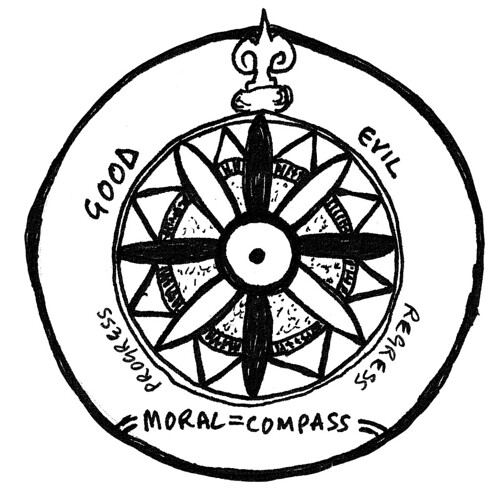When I was a Christian, it was hard not to notice that some Christians were good people. They were kind, considerate of others, and generous with what they had. They stood out to me, and I considered them role models. I often wished there were more of them because they weren't as common as I would have liked.
At the time, I wanted to believe that Christianity was a force for good in the world. I wanted to believe that it transformed ordinary people into good people. But no matter how many times I heard people make this claim, I couldn't accept it. It didn't seem to work this way.


















